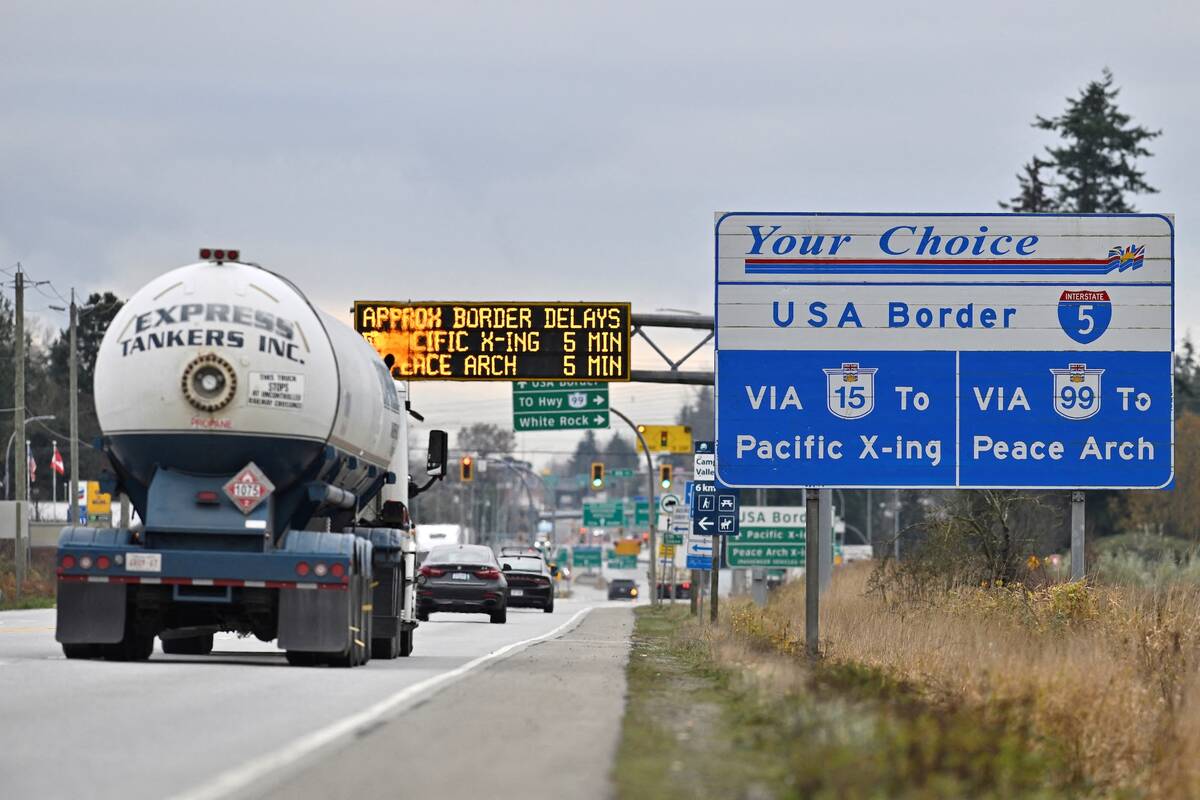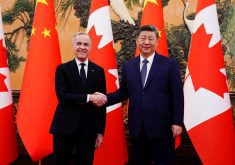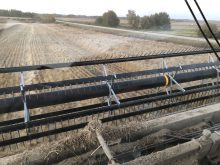Canada’s ability to make sovereign decisions is under attack because of U.S. posturing and declining adherence to World Trade Agreement and bilateral trade agreements.
We are vulnerable to the demands of large trading partners, including the United States and China, and we will get caught in the crossfire when these large powers clash.
The last time a trade war between the U.S. and China flared up, during the U.S. President Donald Trump’s first administration, Canadian police were obligated to act on a U.S. warrant and arrest Meng Wanzhou, Huawei’s chief financial officer.
Read Also

Agriculture, including the pork sector, has monsters to slay in 2026
Tariffs, trade protectionism and disruption; Uncertainty is weighing against what should be positive signals for Manitoba’s pork sector.
China viewed this arrest as part of the market access dispute between it and the U.S.
In response, China abducted two Canadian citizens, banned all imports of Canadian meat products and blocked canola shipments.
Once Meng was released, China quickly released the Canadian hostages and rescinded import bans and tariffs, which had lasted three years and cost Canadian farmers millions of dollars.
Canada’s extradition treaty with the U.S. left it no choice but to detain Meng, which was a much different situation compared to the reason China placed new tariffs on Canadian agricultural food products last week.
China’s 100 per cent tariff on Canadian canola, canola meal and pea imports, and a 25 per cent duty on Canadian seafood and pork, is a direct result of Canadian 100 per cent duties on Chinese electric vehicles and tariffs on steel and aluminum that were established late last year.
Canadian officials raised these tariffs to align the country with a new U.S. policy and to prevent accusations that we allow transhipments of cheap Chinese products.
The goal was to protect the annual $1 trillion worth of trade between North American neighbours and to help develop a Canadian EV industry.
Removing this trade irritant before Trump could make hay with it made sense at the time, even from a canola producers’ perspective, considering the amount of canola oil and meal that is shipped south of the border.
However, Trump’s trade war on Canada makes it hard to argue this is a fair policy to western Canadian farmers, especially for pulse producers who ship small volumes to the U.S. compared to Chinese purchases.
Farmers in Western Canada are rightly concerned they will be hung out to dry as we enter a protectionist era.
Canadian officials are being forced to use tariffs to pressure red states to convince Trump to stop his attacks on Canada, while trying to minimize the damage these counter-tariffs have north of the border.
This will be a difficult dance.
For instance, Trump would be pleased if Canada removed the tariffs on Chinese goods because he would then have a legitimate trade irritant to justify his attack on our sovereignty.
As it stands, his attacks on Canada are baseless bluster and it may be in our interest to keep it that way, for now.
However, it’s not fair that Canadian farmers will likely have to deal with a loss of market share in both the U.S. and China.
Trump has been given a lot of rope by our southern neighbours, and it’s only a matter of time before he gets tangled up in it.
In the meantime, we need to stick together to prevent any annexation of Canada by the U.S. That means sharing the burden of the trade war equally across all sectors and provinces.















